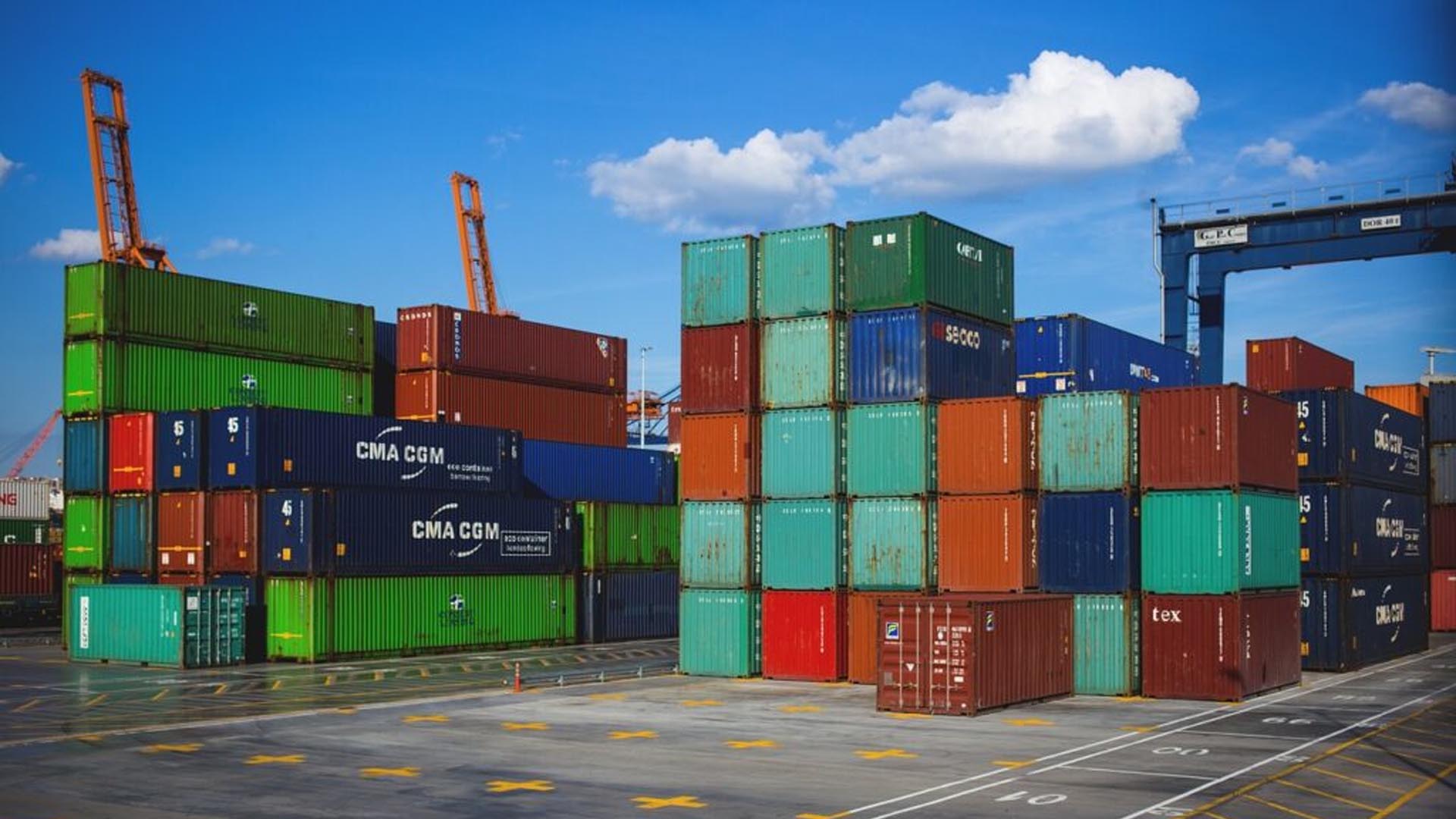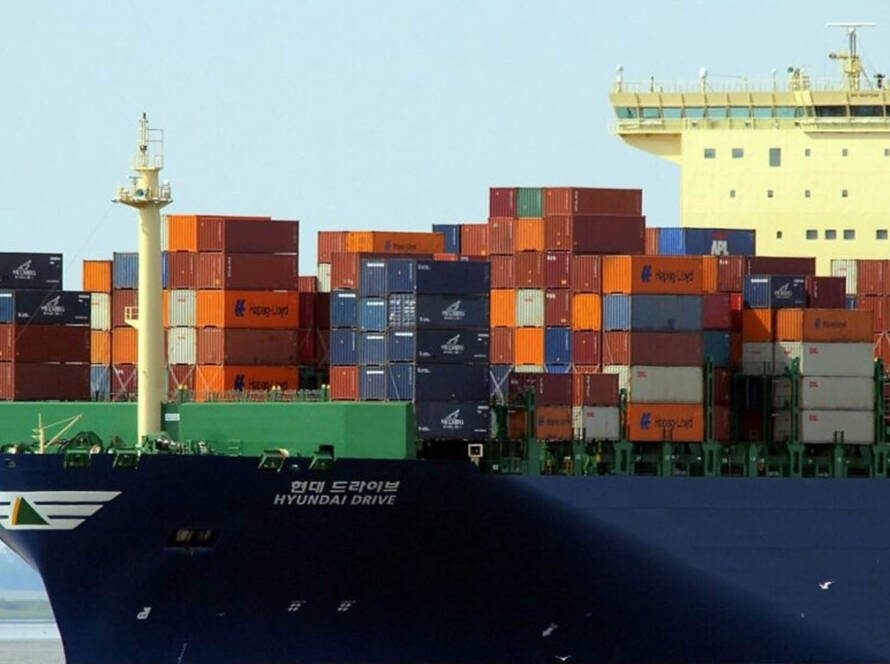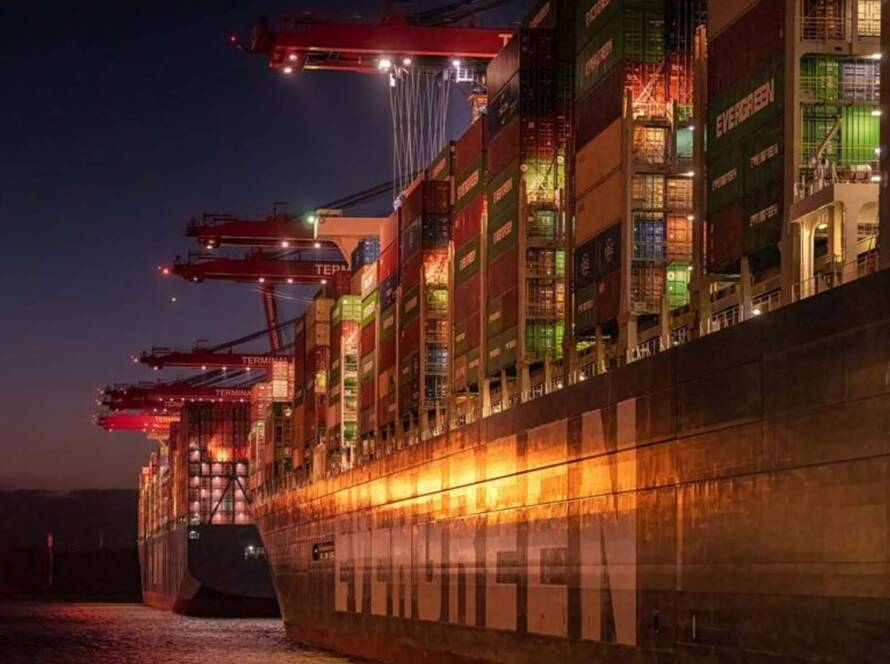
In international shipping and logistics, two terms often cause confusion – NVOCC and Freight Forwarder. These terms may sometimes be used interchangeably, but they represent different roles within the industry. Understanding the difference between them is essential for businesses involved in global trade and logistics. In this blog, we will explore what NVOCCs (Non-Vessel Operating Common Carriers) and Freight Forwarders are and highlight their key differences.
What is an NVOCC (Non-Vessel Operating Common Carrier)?
NVOCC, or Non-Vessel Operating Common Carrier, is a designation for a company or entity operating in the field of ocean freight transportation. Unlike traditional shipping companies that own vessels, NVOCCs do not possess their own ships. Instead, they establish agreements and partnerships with various ocean carriers, such as shipping lines. NVOCCs function as intermediaries connecting shippers (those sending cargo) with ocean carriers (those providing vessel space).
The primary role of NVOCCs is to facilitate and streamline the process of importing and exporting goods. They serve as a centralized point of contact for customers, handling the complexities of cargo booking, documentation, and logistics coordination. This arrangement is particularly advantageous for small and medium-sized businesses, as it enables them to access cost-effective and efficient ocean freight services without the need for vessel ownership or direct carrier relationships.
Here are some key characteristics of NVOCCs:
Space Reservation: NVOCCs do the job of booking cargo space on ocean vessels for their customers who can be either shippers or exporters.
Consolidation: Cargo consolidation is a key characteristic of NVOCCs that helps in making the transportation of goods more cost-effective. NVOCC service providers often consolidate shipments from multiple customers into a single container to optimize space and reduce costs. This is known as less-than-container load (LCL) consolidation.
Documentation: NVOCCs take care of all the paperwork needed for shipping, such as bills of lading, export declarations, and customs documents.
Cargo Tracking: NVOCC service providers provide cargo tracking services, allowing shippers to monitor the progress of their shipments.
Responsibility: NVOCCs make sure your cargo is loaded safely onto the ship and securely fastened. They might also provide cargo insurance choices.
Read our blog: Unlocking Efficiency And Growth: The Key Benefits Of Using An NVOCC Service Provider
What is a Freight Forwarder?
A Freight Forwarder is a broader term that includes a wide range of logistics services, not just ocean shipping. Freight Forwarders can help businesses move their goods efficiently and cost-effectively using various transportation methods like planes, ships, trucks, and trains. They work as middlemen between those sending goods and those transporting them.
Here are some key characteristics of Freight Forwarders:
Multi-Modal Services: Freight Forwarders can set up transportation using different methods like air, sea, land, and rail. This gives you flexibility in picking the best way to ship your goods.
End-to-End Logistics: Freight Forwarders often provide all logistics services, including storage, distribution, handling customs paperwork, and even managing the supply chain.
Customs Compliance: They are specialists in dealing with complex customs rules and can assist you with customs paperwork and making sure you comply with regulations.
Cargo Insurance: Many Freight Forwarders offer insurance options to safeguard the value of your shipped goods.
Global Network: Freight Forwarders typically have a vast network of agents and partners all over the world, which makes global trade easier.
Key Differences between an NVOCC and a Freight Forwarder
Let us have a look at the main differences between an NVOCC and a freight forwarder:
| Activity | Freight Forwarder | NVOCC |
| Associations | Affiliated with FIATA (International Federation of Freight Forwarders Association) and adheres to FIATA standards. | On a global scale, no worldwide organizations are exclusively for NVOCCs, but there might be smaller organizations in different countries. |
| Shipping Documentation | Issues bills of lading and shipping documents based on standardized forms from FIATA. | Issues bills of lading that may or may not follow global standards. |
| Containers | Utilizes containers from shipping lines, doesn’t own or operate containers. | Some large NVOCCs manage and own their containers. |
| Warehouses | Some major freight forwarders own and run warehouses as an extra service. | Generally, they don’t own warehouses, but some larger NVOCCs also act as freight forwarders with warehousing services. |
| Networks | Collaborates with global freight forwarder networks on an exclusive or non-exclusive basis. | Appoints agents at various ports, similar to how shipping lines appoint agents, particularly those with container fleets. |
| Agents/Work independently | Can function as agents for NVOCCs as needed. | Typically, they operate independently without acting as agents for others. |
| Shipper/Carrier | Functions as an intermediary for shippers. | Acts both as a carrier for shippers and as a shipper for carriers. |
Conclusion
In conclusion, NVOCCs and Freight Forwarders both play important roles as intermediaries in the logistics industry. It’s crucial to understand their unique focuses and the services they offer. Choosing the right service provider for your specific shipping needs can greatly improve the efficiency and cost-effectiveness of your supply chain operations. Whether you need ocean-specific services or a comprehensive logistics solution, knowing these differences will help you make informed decisions and optimize your international shipping processes.
If you’re looking for a reliable freight forwarder or NVOCC service provider in Dubai, consider LIVRO Shipping. We specialize in NVOCC services, freight forwarding, customs clearance, container handling, and more. Reach out to us today; we’re one of Dubai’s top NVOCC service providers and would be happy to assist you.



